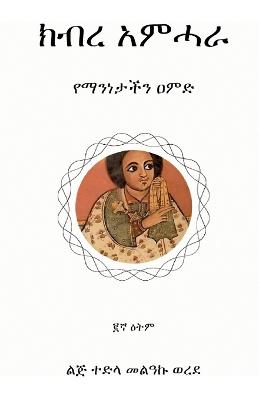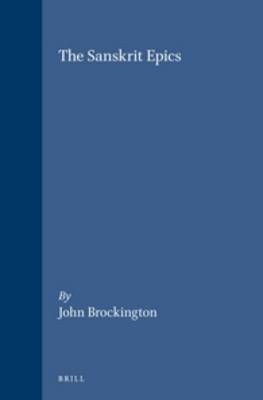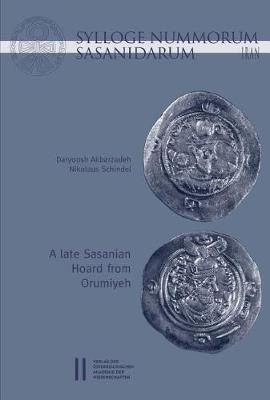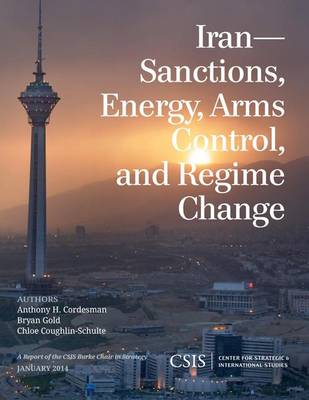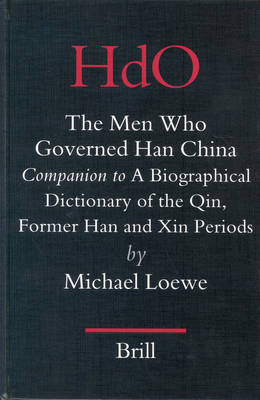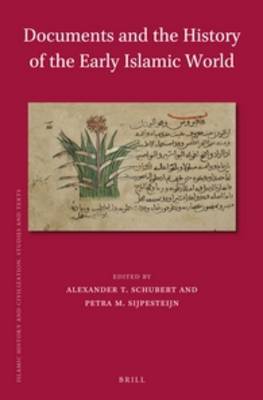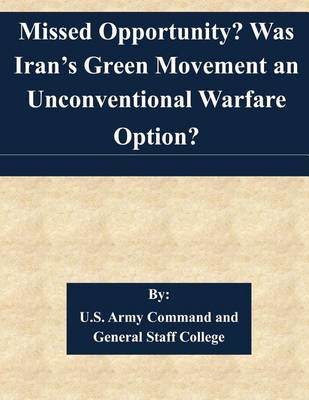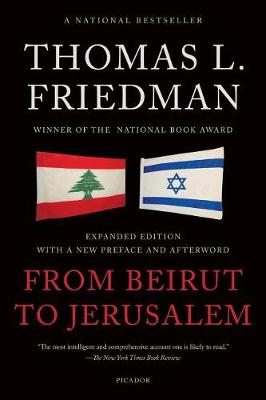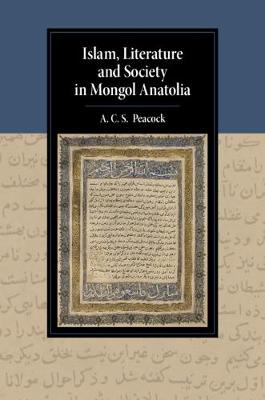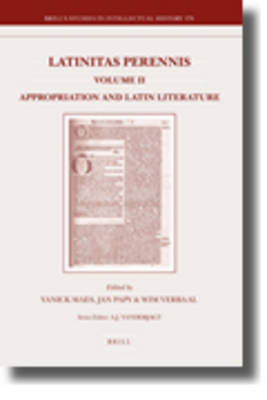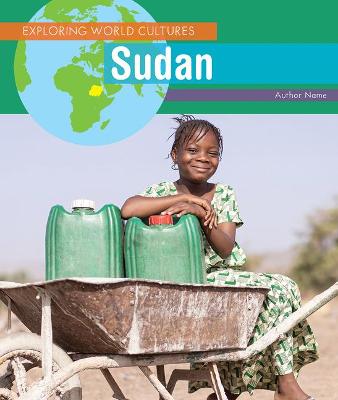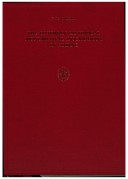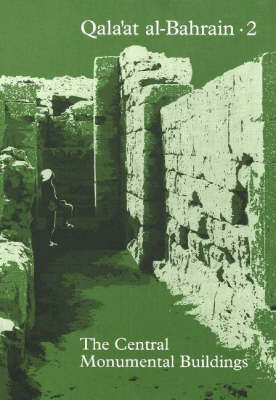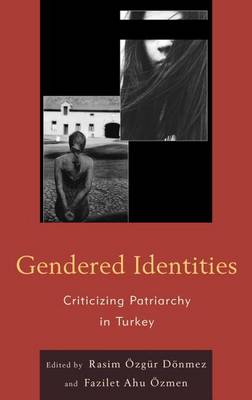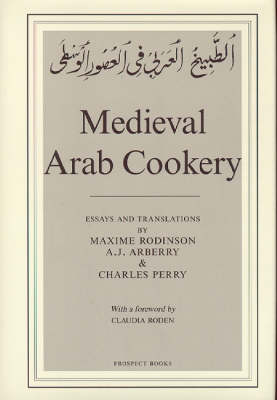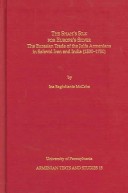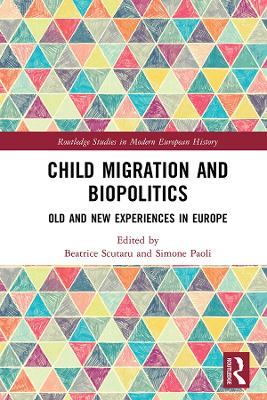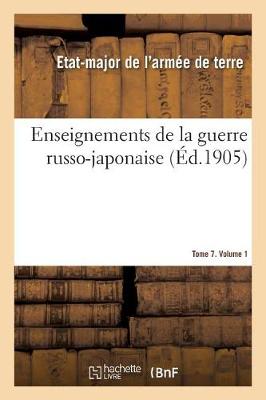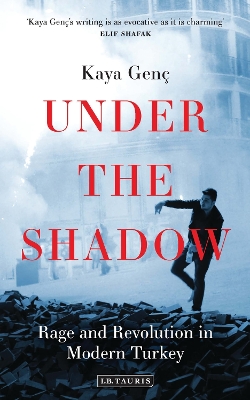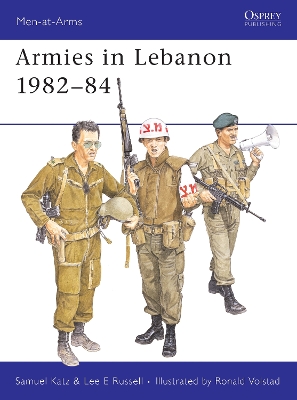The Sanskrit Epics (Handbook of Oriental Studies. Section 2 South Asia, #12)
by John Brockington
Mahabharata (including Harivam sa) and Ramayan a, the two great Sanskrit Epics central to the whole of Indian Culture, form the subject of this new work. The book begins by examining the relationship of the epics to the Vedas and the role of the bards who produced them. The core of the work, a study of the linguistic and stylistic features of the epics, precedes the examination of the material culture, the social, economic and political aspects, and the religious aspects. The final chapter prese...
Sylloge Nummorum Sasanidarum Iran - A Late Sasanian Hoard from Orumiyeh
by Daryoosh Abarzadeh and Nikolaus Schindel
Iran (CSIS Reports)
by Anthony H. Cordesman, Bryan Gold, and Chloe Coughlin-Schulte
This report analyzes four key aspects of US and Iranian strategic competition--sanctions, energy, arms control, and regime change. Its primary focus is on the ways in which the sanctions applied to Iran have changed US and Iranian competition since the fall of 2011. This escalation has been spurred by the creation of a series of far stronger US unilateral sanctions and the European Union's imposition of equally strong sanctions, both of which affect Iran's ability to export, its financial system...
The Men Who Governed Han China (Handbook of Oriental Studies. Section 4 China, #17)
by Michael Loewe
How were prominent figures in the formative stages of China's imperial government affected by changes in the theory and practice of government and its institutions? Calling on documentary evidence, some found only recently, Dr. Loewe examines local administration, the careers of officials, military organisation, the nobilities and kingdoms, the concepts of imperial sovereignty and the part played by the emperors. Special attention is paid to the anomalies in the historical records; tabulated lis...
Premier Institut d'Egypte (Memoires de l'Academie Des Inscriptions Et Belles-Lettres, #7)
by J-E Goby
Development Plans of the GCC States 2 Volume Set in 3 Hardback Pieces (Cambridge Archive Editions)
Documents and the History of the Early Islamic World (Islamic History and Civilization, #111)
Historians have long lamented the lack of contemporary documentary sources for the Islamic middle ages and the inhibiting effect this has had on our understanding of this critically important period. Although the field is richly served by surviving evidence, much of it is hard to locate, difficult to access, and philologically intractable. Presenting a mixture of historical studies and new editions of Greek, Arabic and Coptic material from the seventh to the fifteenth century C.E. from Egypt and...
Missed Opportunity? Was Iran's Green Movement an Unconventional Warfare Option?
by U S Army Command and General Staff Coll
In this book the author seeks to understand the political causes and psychological effects of the conflicts in the Middle East. He sketches the prelude to the troubles, and places the events of 1979 to 1988 in their historical context while examining the course and meaning of the Lebanese civil wars, the Syrian self-mutilation at Hama, the refugee-camp massacres at Sabra and Shatila, and all the other terrible episodes in this apparently endless war. Thomas Friedman won two Pulitzer Prizes for h...
Islam, Literature and Society in Mongol Anatolia (Cambridge Studies in Islamic Civilization)
by A. C. S. Peacock
From a Christian, Greek- and Armenian-speaking land to a predominantly Muslim and Turkish speaking one, the Islamisation of medieval Anatolia would lay the groundwork for the emergence of the Ottoman Empire as a world power and ultimately the modern Republic of Turkey. Bringing together previously unpublished sources in Arabic, Persian and Turkish, Peacock offers a new understanding of the crucial but neglected period in Anatolian history, that of Mongol domination, between c. 1240 and 1380. Thi...
No cultural phenomenon can remain vital and evolve without a continuous integration of external elements. Instead of reading the process of appropriation in terms of 'sources' or 'models', the dynamics involved are better understood using more flexible categories such as creative reception, polyphony and dialogue. In every phase of its evolution, in Antiquity, the Middle Ages or (Early) Modern times, Latin literature had to face a double challenge, one from the past, and one from the present: al...
Qala'at Al-Bahrain (Jutland Archaeological Society Publications, #30)
by Flemming Hojlund and H. Hellmuth Andersen
Medieval Arab Cookery
by Maxime Rodinson, Arthur J. Arberry, and Charles Perry
The Shah's Silk for Europe's Silver (University of Pennsylvania Armenian Texts and Studies, #15)
by Ib McCabe
Child Migration and Biopolitics (Routledge Studies in Modern European History)
This book provides a fresh interdisciplinary analysis into the lives of migrant children and youth over the course of the twentieth century and up to the present day. Adopting biopolitics as a theoretical framework, the authors examine the complex interplay of structures, contexts and relations of power which influence the evolution of child migration across national borders. The volume also investigates children's experiences, views, priorities and expectations and their roles as active agents...
Enseignements de la Guerre Russo-Japonaise. Tome 7. Volume 1
by Armee de Terre
Turkey stands at the crossroads of the Middle East--caught between the West and ISIS, Syria and Russia, and governed by an increasingly forceful leader. Acclaimed writer Kaya Genc has been covering his country for the past decade. In Under the Shadow he meets activists from both sides of Turkey's political divide: Gezi park protestors who fought tear gas and batons to transform their country's future, and supporters of Erdogan's conservative vision who are no less passionate in their activism. H...
